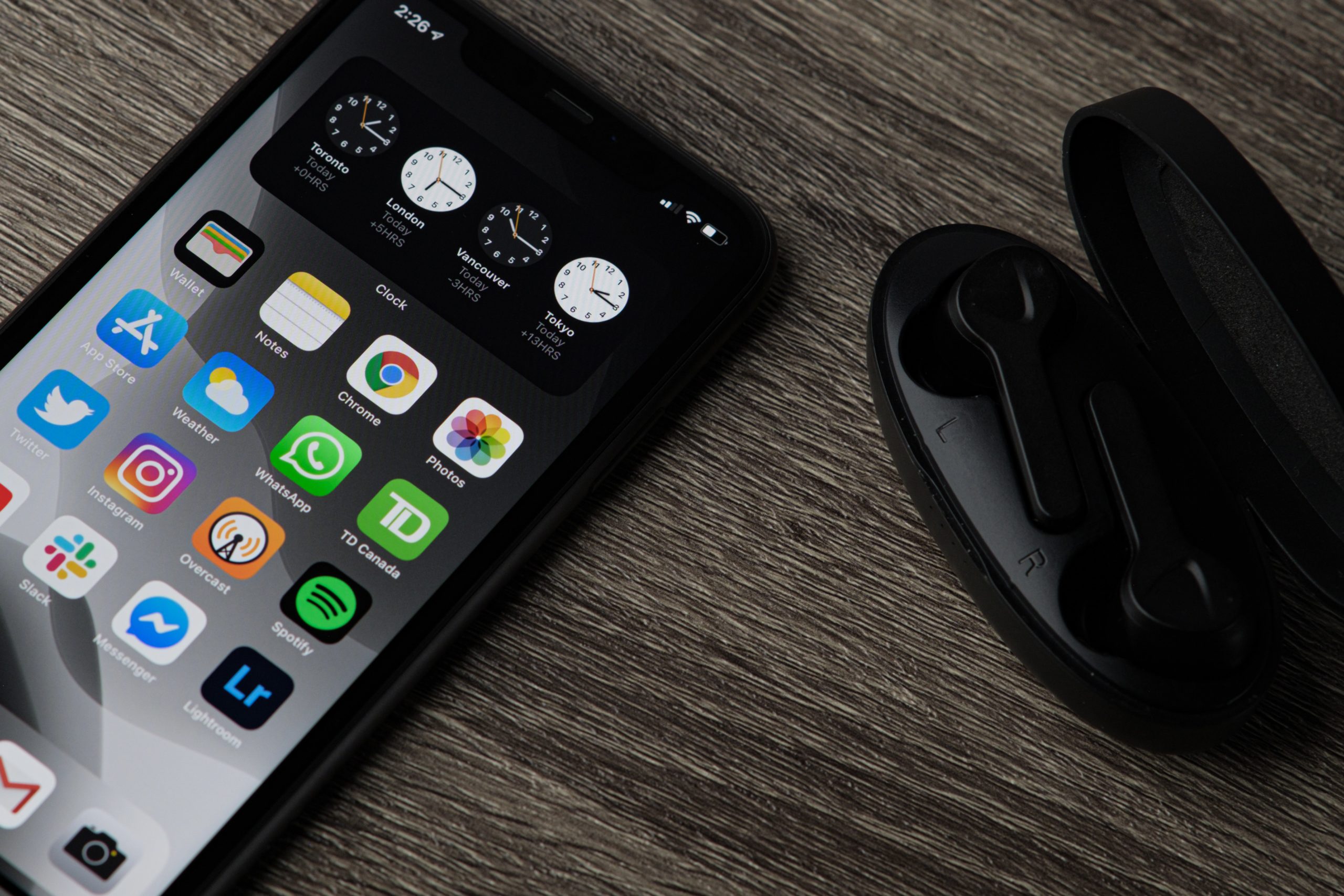Apple’s App Tracking Transparency

In June of 2020, Apple announced their iOS14 update would introduce their App Tracking Transparency (ATT) framework which has since been delayed to early 2021 after an outcry from developers that required more time to prepare for the update. This feature will require apps on Apple devices to ask users for permission to collect and share their data using Apple’s device identifier (IDFA) intended to improve user privacy and increase data transparency. The default setting is for users to be opted out when they launch their apps, however, once served the notification asking them whether or not to be tracked, the user can decide to opt In or to confirm they’d like to opt out. Data sharing is on a per app basis – meaning a user can decide to opt in for App A but opt out for App B.

The effects of the update
While the intention is good and in the direction of transparency which consumers are demanding for, the iOS 14 update will have a large impact on ad targeting and the biggest criticism has been the lack of information provided by Apple and not enough time to allow the industry to adjust. It is important to understand that each and every mobile ad platform is affected, and every ad platform is reacting and adjusting differently.
While we have the most updated information as we know it today, there is still much unknown about the update and Its broad impact on digital marketing. The full impact is expected to change throughout 2021 and we expect alignment across the industry of how to work with restricted data.
Facebook fights back
Impact to personalized ads
Facebook is fighting against Apple’s changes, which led to the launch of the update to be delayed to early 2021 (originally slated for September 2020). Facebook states: “Apple’s proposed changes will limit your ability to effectively reach, understand and engage people on mobile devices and across the web. They will impact your ability to understand performance, control who sees your ads and the ability to make informed decisions about your advertising budgets.”
Facebook states that these changes will limit the ability of advertisers to:
- Effectively deliver ads to people based on their engagement with your business
- Measure and report on conversions from customers
- Ensure ads are delivered to the most relevant audiences at the right frequency
- Accurately attribute app installs to people using iOS 14 and later
- Predict and optimize cost per action over time and efficiently allocate budget
However, Facebook does also state: “We don’t anticipate the proposed iOS 14 changes to cause a full loss of personalization but rather a move in that direction.”
It should be noted that according to Statista, Apple accounted for over 45% of smartphone users in 2019. While the limited data use will only occur on Apple iOS14 devices, the below changes to reporting and optimization capabilities on will impact all devices as Facebook makes wide sweeping updates to their ad platform capabilities to comply with Apples ATT feature.
What does this mean for marketers?
What advertisers need to know
- Expect targeting limitations: We are expecting a large percentage of users will opt-out of tracking which will limit the size of retargeting audiences.
- Lack of conversion insights: Breakdowns such as age, gender, region, and placement for conversions will no longer be supported.
- Delayed reporting: For those using the Facebook pixel for reporting, there will be up to a 3 day delay for conversion data.
- Events are limited to 8 per domain: This may require coordination across agencies or business units.
- Attribution windows are limited: The new default is 7-day post click and all 28-day attribution windows will no longer be supported.
What steps can advertisers take now
- If using the Facebook pixel, verify your domain in Business Manager.
- If using the Facebook SDK, update to the latest SDK, version 8.1 or above
- Prepare for 8 events per domain. The eight events will need to be ranked from most important to least.
What can advertisers do?
It is important to remember that there is no mitigating the loss of data for campaigns. This is an industry wide change happening and the trend of allowing consumers to choose when and how to share their data is not going to slow down. As marketers we should accept these changes and be mindful of how data restrictions will impact our future initiatives. These are our three recommendations as we prepare for digital advertising in 2021.
- Prepare to re-benchmark…again: We know 2020 has already brought many shifts in consumer behavior and reasons to re-benchmark but as platforms reporting capabilities are completely overhauled this will directly impact what and how we optimize campaigns. We are all learning about the true impact Apple’s ATT framework so we will need to be flexible as we understand the new normal.
- Rely more heavily on 1st party data: Supplement the loss of website engagement tracking from Facebook with Google Analytics or Adobe event tracking. Additionally, for advertisers with large amounts of 1st party data consider Facebook’s conversions API.
- Use a holistic view of digital performance: No path to conversion is linear and no path to conversion has ever been perfect with cross-device barriers and now data restriction barriers. Expect increases in direct sourced conversions and measure the true impact of your media by considering all digital sources.



